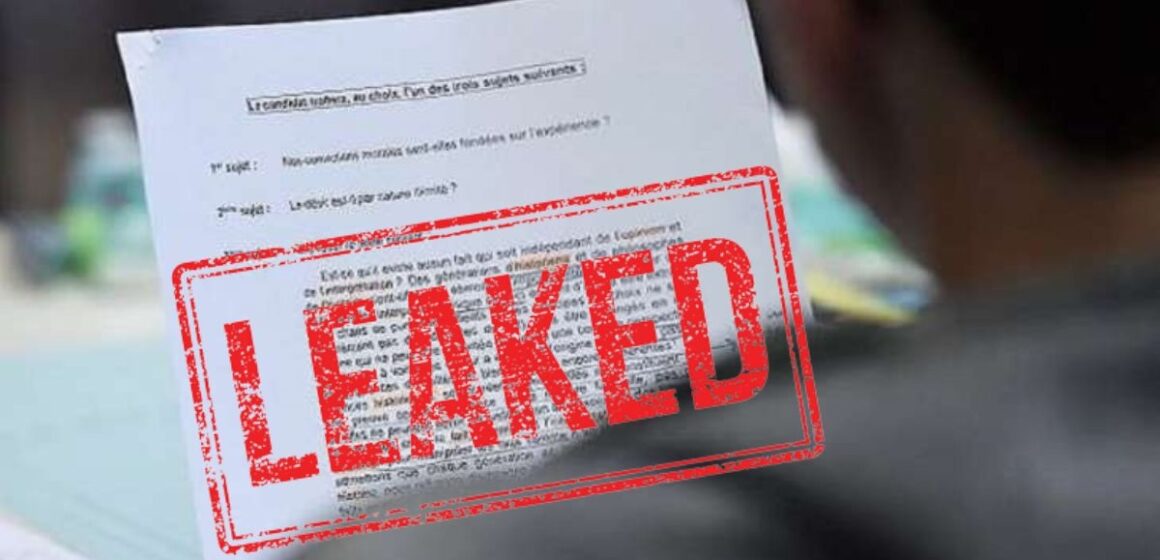The National Eligibility cum Entrance Test (NEET) is a crucial examination for aspiring medical students in India. Conducted by the National Testing Agency (NTA), it determines admission to undergraduate medical courses across the country. However, the integrity of this highly competitive exam was recently called into question due to an alleged leak at Oasis School in Hazaribagh.
The Incident Unfolds
On May 5th, just moments before the scheduled commencement of the NEET-UG exam, authorities at Oasis School faced an unexpected dilemma. Two boxes containing the confidential question papers were secured with both manual and digital locks. The digital lock, designed to automatically open 45 minutes prior to the exam, malfunctioned, failing to unlock as expected at 1:15 PM. This unprecedented failure led officials to resort to using a cutter to manually access the papers, thereby deviating from the standard protocol.
Implications of the Malfunction
The malfunction of the digital lock raises serious concerns about the security measures in place during the handling and distribution of NEET-UG question papers. Such lapses not only jeopardize the fairness and confidentiality of the examination but also undermine the trust of millions of students and parents in the examination process. The NEET-UG exam is known for its rigorous security protocols precisely to prevent leaks and ensure a level playing field for all candidates.
Response from Authorities
Following the incident, the National Testing Agency (NTA) initiated an investigation into the circumstances surrounding the malfunction. The principal of Oasis School reported the issue promptly to NTA officials, highlighting the urgency of the situation. This swift response demonstrates a commitment to transparency and accountability in managing such critical examinations.
Public and Stakeholder Reaction
The NEET-UG exam is not only a pivotal moment for aspiring medical students but also a matter of public interest and scrutiny. The alleged leak at Oasis School has sparked widespread debate and concern among stakeholders, including students, parents, educators, and policymakers. The reliability and integrity of the NEET-UG exam are paramount for maintaining the credibility of medical education admissions in India.
Addressing Security Concerns
To mitigate future risks and restore public confidence, it is imperative for the authorities to conduct a thorough review of their security protocols and infrastructure. This includes evaluating the efficacy of digital locking systems, ensuring redundancy measures are in place for emergencies, and enhancing training for personnel involved in exam logistics. Additionally, transparent communication with the public about the findings of the investigation and steps taken to prevent recurrence is essential.
The Way Forward
As the investigation into the NEET-UG question paper leak continues, it is crucial for all stakeholders to uphold the principles of fairness, transparency, and integrity in educational assessments. The NTA, in collaboration with educational institutions and law enforcement agencies, must work diligently to identify the source of the leak and hold accountable those responsible. Moreover, reforms in exam management and security protocols should be prioritized to prevent similar incidents in the future.
The NEET-UG question paper leak at Oasis School in Hazaribagh has underscored the vulnerabilities within the examination process that demand immediate attention and remediation. While the incident has raised valid concerns, it also presents an opportunity for systemic improvements in exam security and administration. By learning from this unfortunate event and implementing robust safeguards, the NTA can reaffirm its commitment to conducting fair and credible examinations for the benefit of all aspiring medical students in India.

